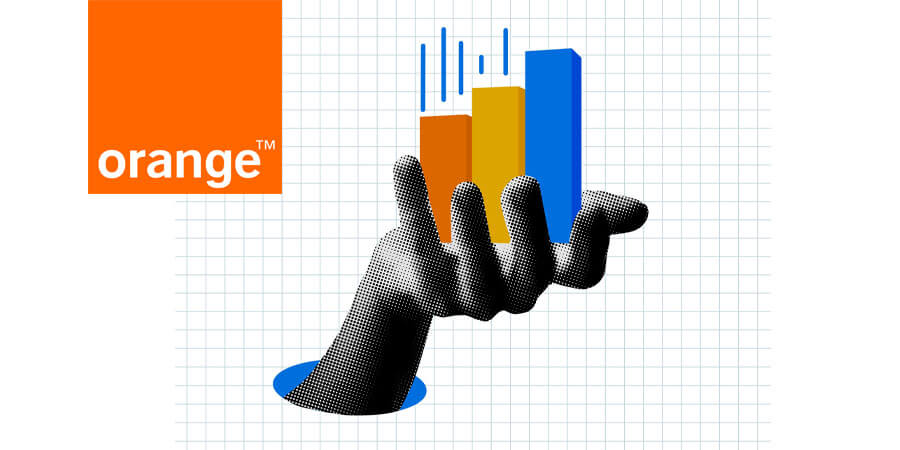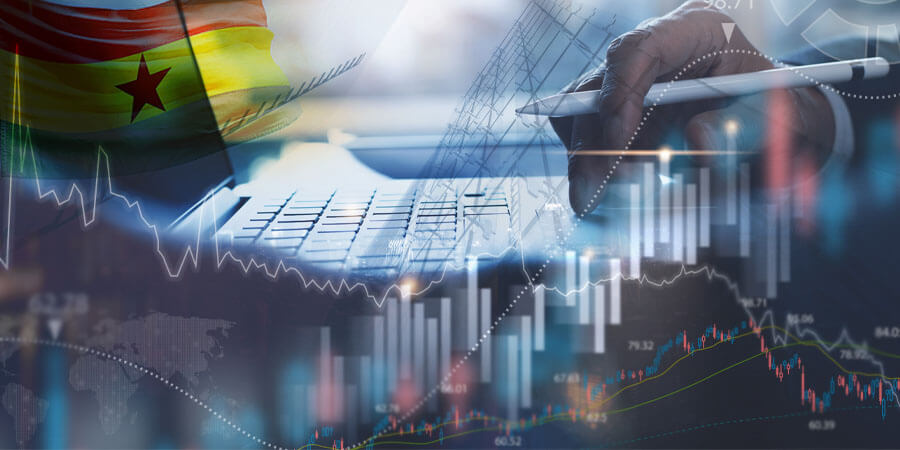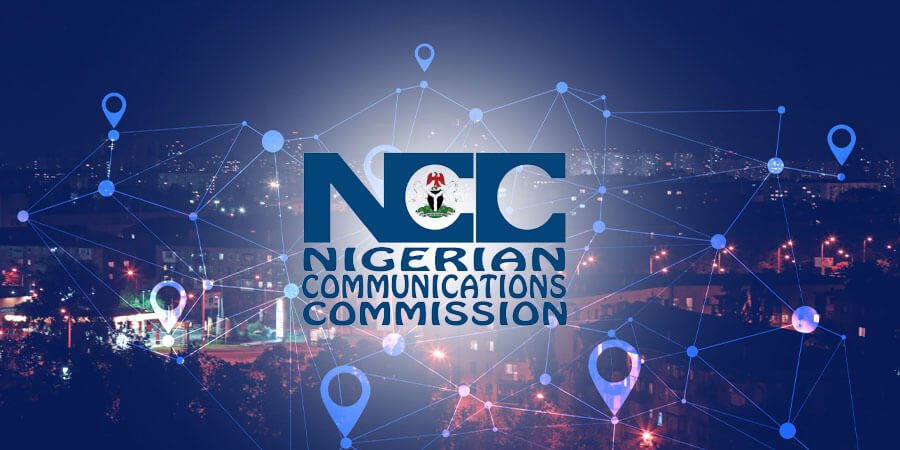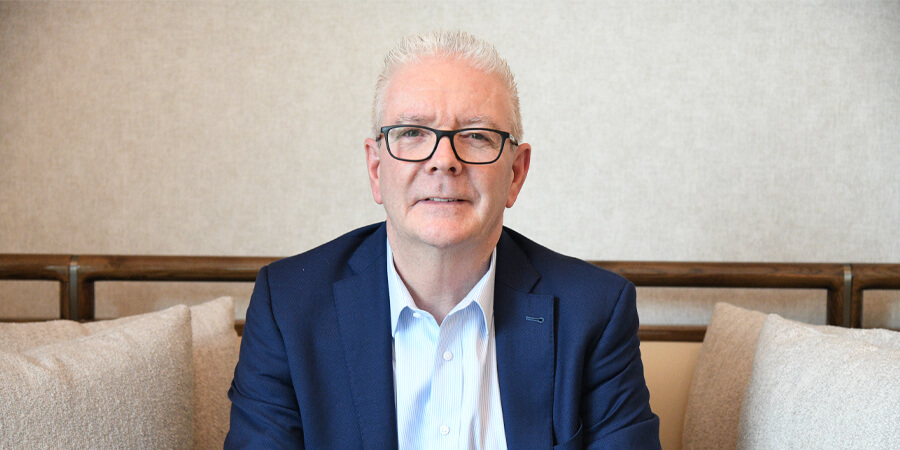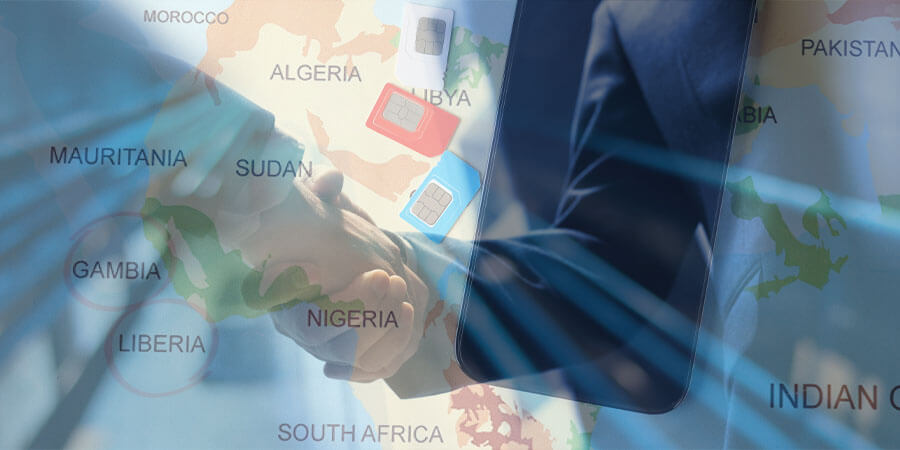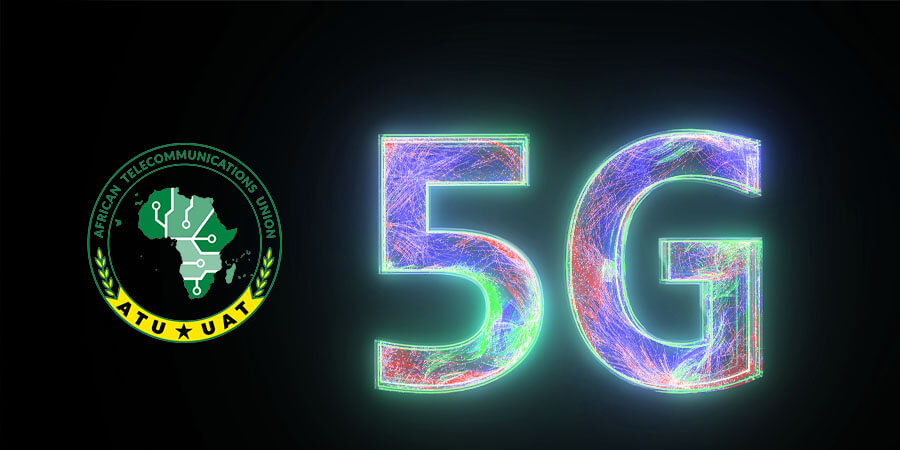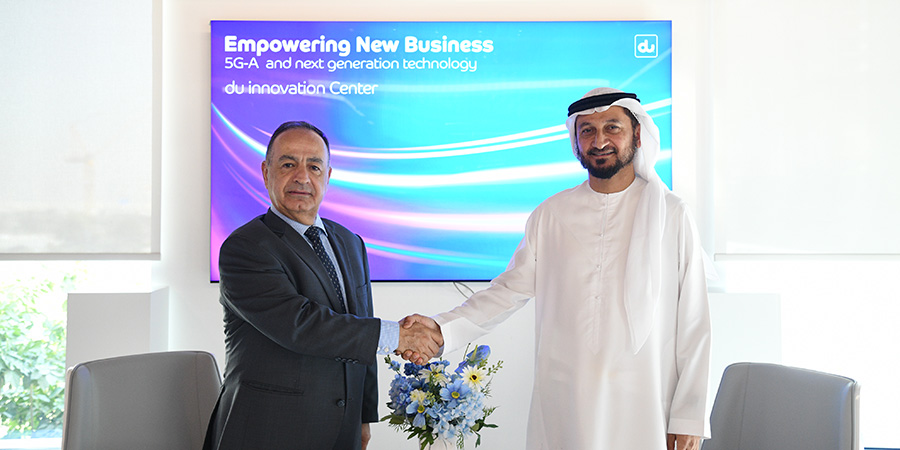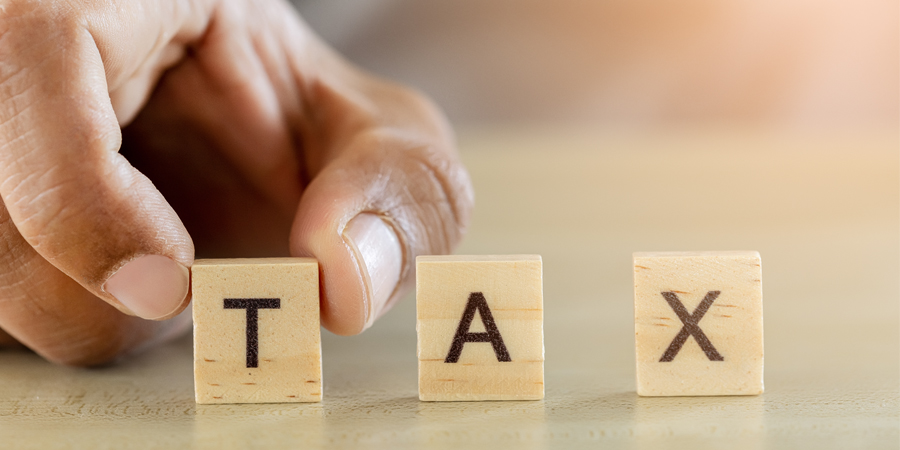Uganda has introduced a 12% tax on internet data, an increase for online access in a country where consumers are already paying some of the world's highest internet costs.
According to the World Wide Web Foundation, a digital advocacy group, data costs in African countries are high compared to other regions, a fact blamed for slow internet penetration and limited use even for those connected.
Uganda's Parliament tweeted that lawmakers had passed the 'Excise Duty (Amendment) Bill, 2021' which introduced the 12% duty on internet data.
The levy is among a raft of new taxes the government is introducing in the financial year due to start in July to help boost revenues and pay a ballooning public debt.
Many Ugandans have criticized the move, saying it will further impede access to the internet at a time when the COVID-19 pandemic has made online services even more crucial for sections of the economy, like education.
Dorothy Mukasa, chief executive of Unwanted Witness, a digital communications rights watchdog said the tax measure would make internet in Uganda unaffordable, in addition to it being notoriously slow.
"Internet has become a factor of production ... for any investor to make investment decision they have to make sure there's good internet connectivity for them to be able to function," she said.
"But now the same government which is wooing investors is the same government hiking cost of production ... connectivity is poor and now the cost is so high, how will somebody invest and get value for money?"











